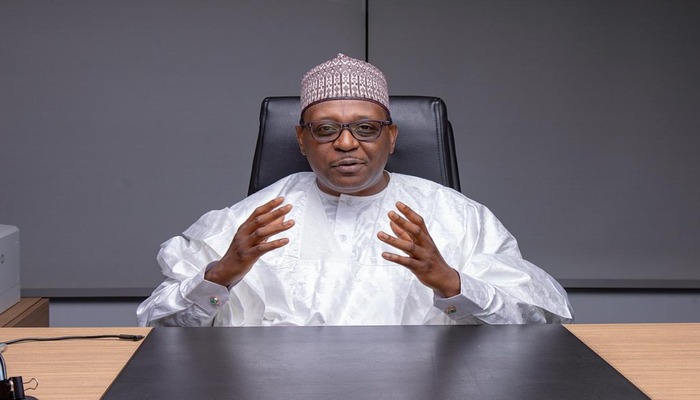By Muhammad Amaan
The Coordinating Minister of Health and Social Welfare, Professor Muhammad Ali Pate has emphasised that investing in healthcare was crucial for achieving Universal Health Coverage (UHC) in Nigeria.
He made this statement on Thursday in Abuja at the commemoration of UHC Day 2024, themed “Health on the House Government.”
Prof. Pate underscored that healthcare investment was not solely the responsibility of the federal government, but a collective effort that included states and non-state actors.
“It is not only the Federal Government’s responsibility; states and global partners can do more.
“Non-state actors can also encourage others to prioritise greater investment, as good health is not achieved cheaply.
“Quality healthcare is not inexpensive, and for every investment made in health, the returns are far greater,” he said.
He highlighted those investments in healthcare would bring considerable dividends.
“For instance, a one-dollar investment in combating Tuberculosis yields 43 dollars in return, while one dollar spent on immunisation generates multiple returns.
“By preventing pneumonia, we save both money and lives, which significantly impacts the economy,” he said.
Regarding the federal government’s efforts toward UHC, Pate noted that the Health Sector Renewal Investment Initiative (HSRII) had already made a positive impact.
However, he acknowledged that the country still had a long way to go in terms of healthcare delivery.
According to him, over the past year, 238 facilities have been upgraded to functional level two, with an additional 320 facilities currently undergoing upgrades.
He said that states have also taken the initiative to upgrade 2,600 facilities using impact funds, and the Project Hope programme was providing incentives to upgrade another 2,000 facilities.
“More than 8,000 facilities are receiving direct funding through the Basic Health Care Provision Fund (BHCPF) across all 36 states.
“Additionally, two million people have been enrolled in health insurance in the past year.”
The Minister of State for Health, Dr Iziaq Salako, encouraged health workers to continue advancing the health system and called for greater public education on the importance of saving for healthcare.
He emphasised that saving for health was essential, just as one would save for car repairs.
World Health Organisation (WHO) Country Representative to Nigeria, Dr Walter Mulombo stated that UHC was fundamentally a political choice.
He commended President Bola Tinubu’s leadership in UHC reforms, particularly his focus on sustainable and innovative financing.
“If Nigeria delivers on UHC, it will have a domino effect on Africa and the world,” he said.
Mr Dave Conalogue, Co-Chair of Health Development Partners in Nigeria, highlighted the positive changes brought about by development partners.
He emphasised their increasing support for government systems, including pooling resources and providing on-budget support to strengthen healthcare delivery.
The UHC Day focuses on the critical role of financial protection in advancing progress towards UHC.




